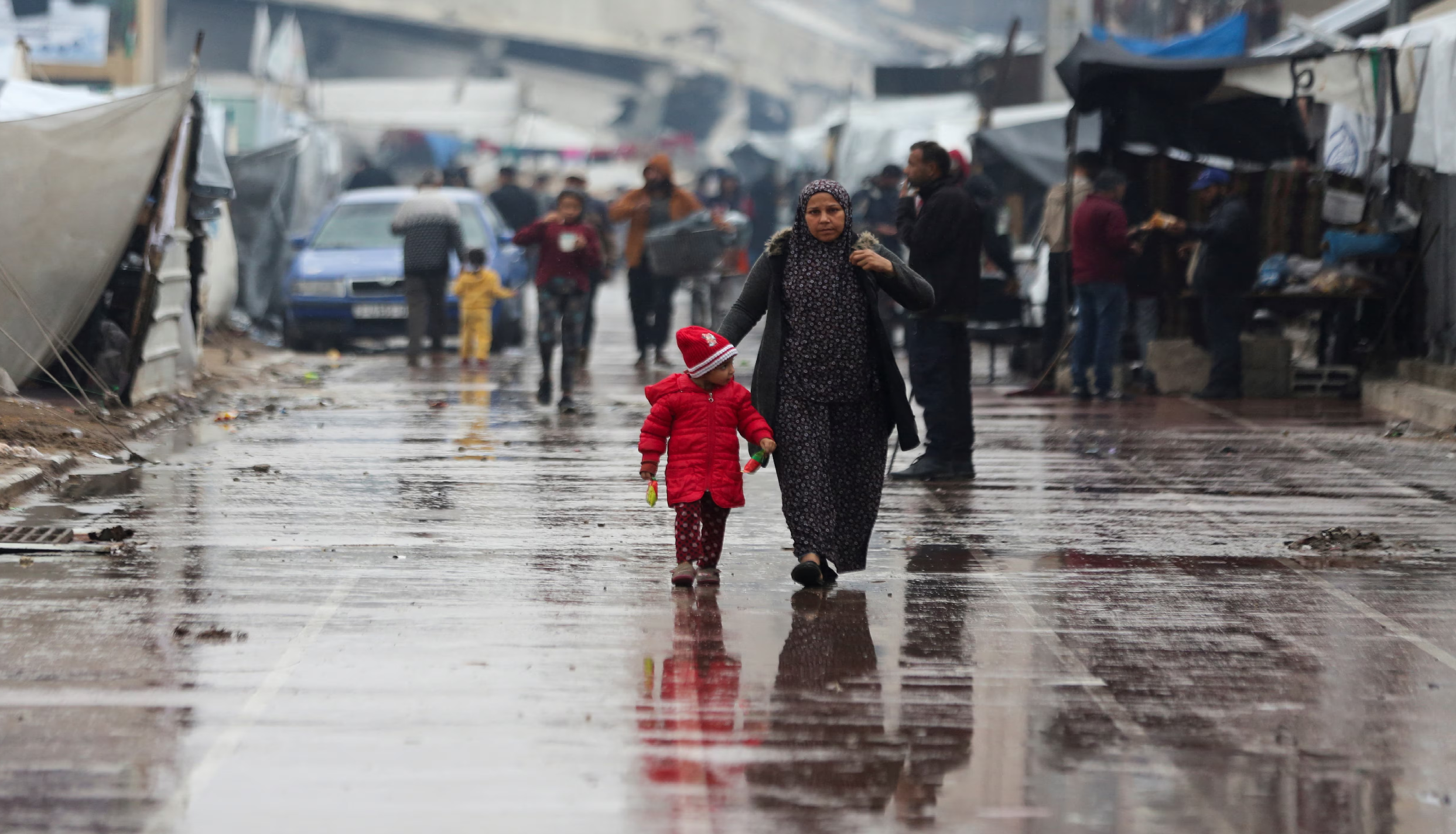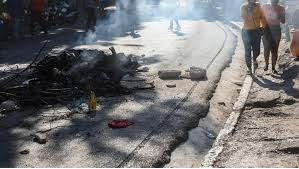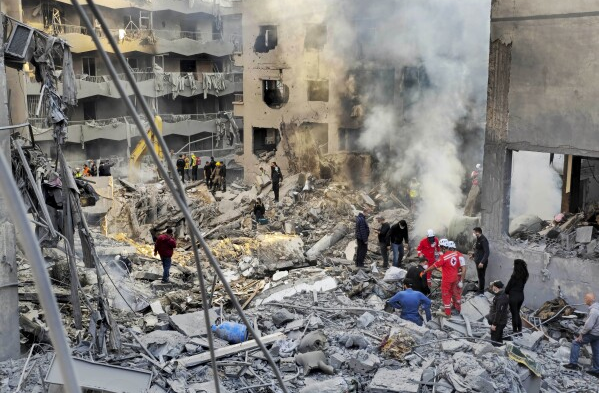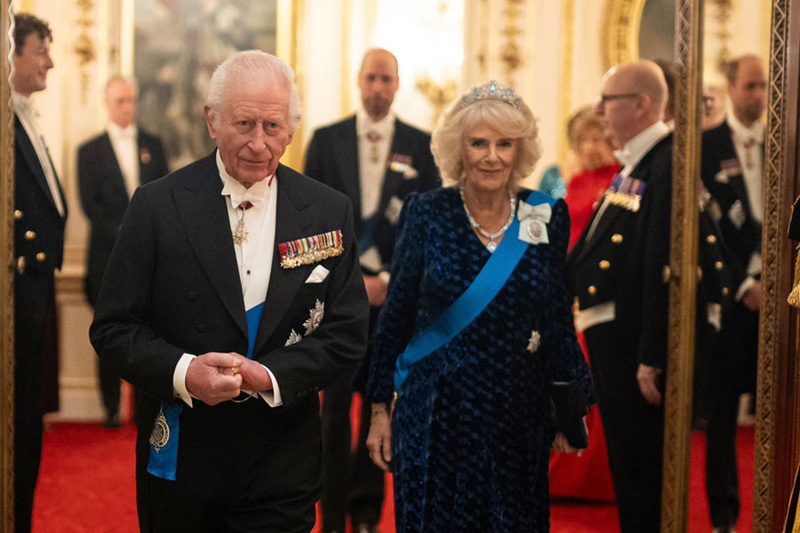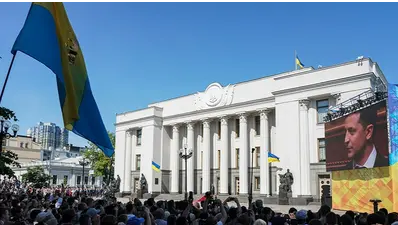
Russia shoots down 6th US drone in Syria
Washington: A Russian fighter jet fired flares and struck another U.S. drone over Syrian airspace on Wednesday, the White House said, in a continued string of harassing maneuvers that have ratcheted up tensions between the global powers.
It's the sixth reported incident this month, and the second in the past 24 hours, in which the United States has said Russian warplanes have flown dangerously close to American manned and unmanned aircraft, putting crews and the planes at risk and raising questions as to what the U.S. may need to do in response.
Two U.S. officials confirmed that the strike damaged the MQ-9 Reaper drone. The officials were not authorized to publicly discuss the matter and spoke on condition of anonymity.
"We've seen the reports, the early reports, of a second Russian fighter aircraft this week flying dangerously close to our drone" on a mission to counter Islamic State militants in Syria, White House press secretary Karine Jean-Pierre said.
She did not provide other details, but said Russia's “close approach to and de ployment of flares over U.S. drones during a routine mission” violates international norms.
In the incidents over the past two days, Russian warplanes have fired flares that struck U.S. MQ-9 Reaper drones. On Tuesday, the flares damaged a drone's propeller; on Wednesday, Russian-dropped flares hit a drone.
In previous incidents, Russian jets have intercepted the U.S. planes at dangerously close distances, including one instance with a manned aircraft that the U.S. said put the lives of the four American crewmembers at risk.
Experts say Russia is likely conducting the harassing attacks to support Iran's goal of ousting U.S. forces from Syria, with a senior U.S. defense official saying Iran wants to be able to more easily move lethal aid to Lebanese Hezbollah and threaten Israel.
Russia relies on Iran's support for the Kremlin's war operations in Ukraine. Toward that end, the U.S. has seen more cooperation, collaboration, planning and intelligence sharing, largely between mid-level Russian and Iranian Quds force leaders in Syria, according to the U.S. defense official, who spoke on condition of anonymity to discuss ongoing military missions.
John Hardie, director of the Russia program for the Foundation for Defense of Democracies, said the intercepts are part of a coordinated effort by Russia and Iran “to try to push the U.S. out of Syria, just kind of build pressure over time, in the hopes that Washington will eventually withdraw.” (AP)
 English daily published in Bengaluru & Doha
English daily published in Bengaluru & Doha

